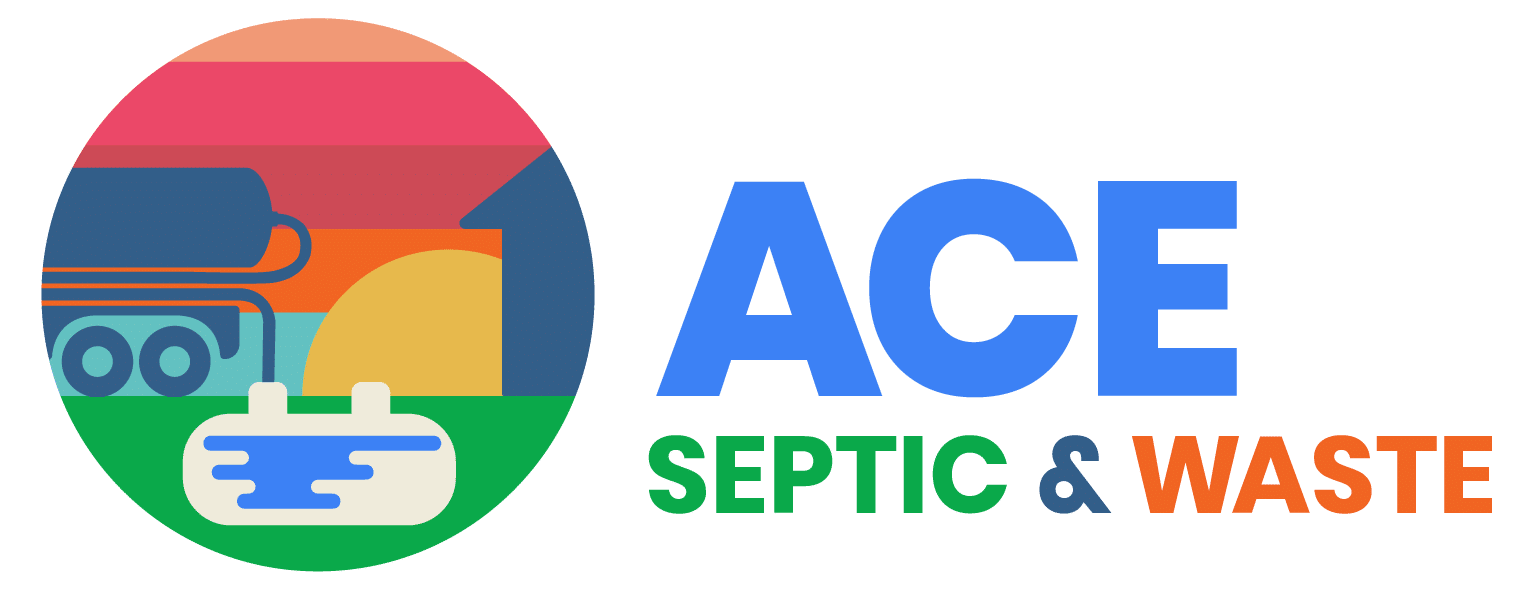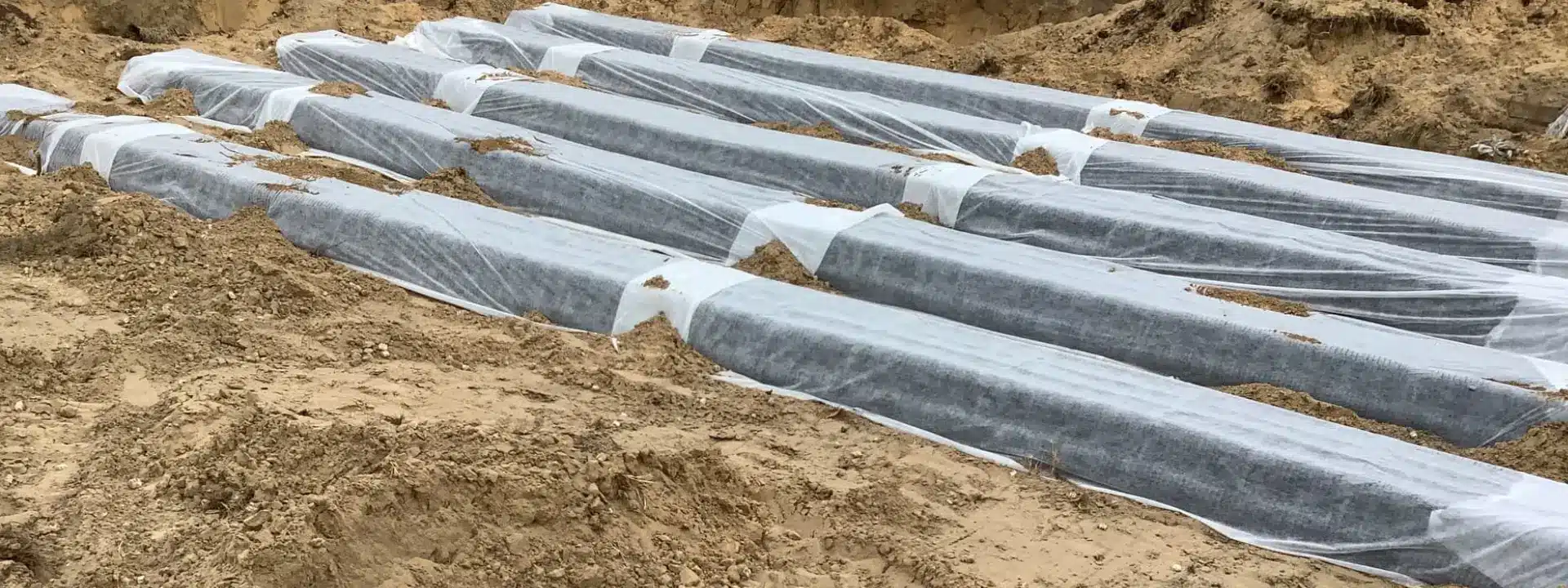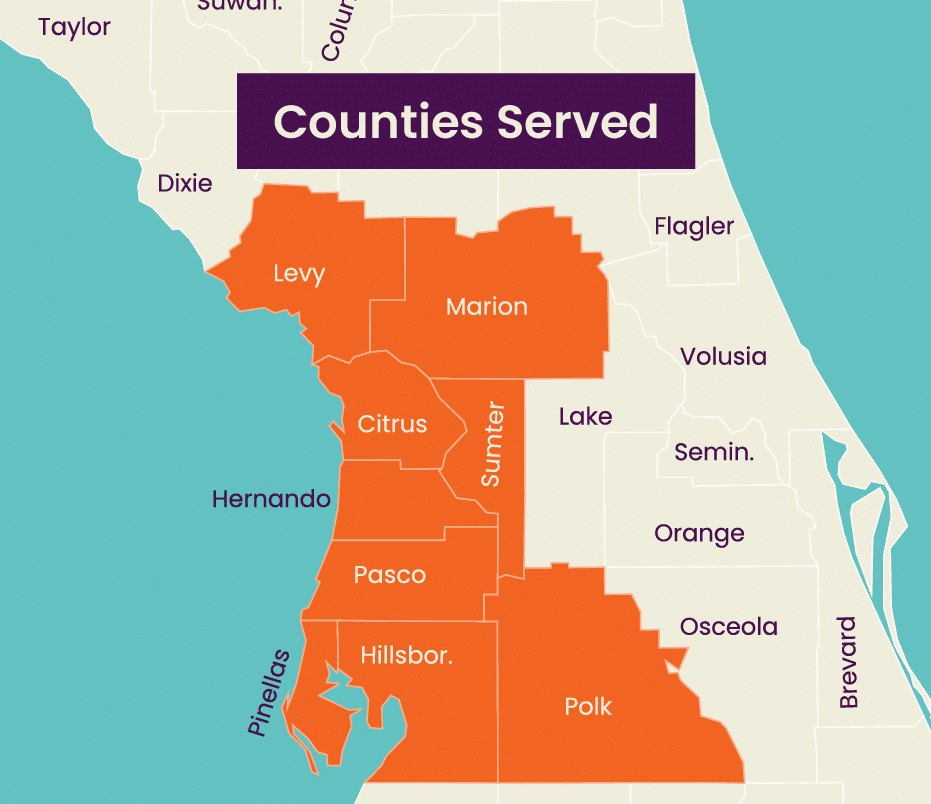Whenever you explore new fields, jargon, and technical language can be perplexing, especially when different terms seem to refer to similar components. Two such terms that often confuse our customers are “leach field” and “drain field.” Are they the same thing, or do they have distinct differences? ACE Septic & Waste comes to the rescue with a breakdown of their similarities, differences, and the essential roles they and similar system components play in wastewater management.
Understanding the Basics
Septic systems are designed to treat and dispose of wastewater safely. The drain field is a critical component of this septic system, designed to distribute effluent (the wastewater that exits the septic tank) into the soil. Effluent dispersal is the last step in the wastewater treatment process, allowing microbes in the soil to naturally treat and filter the wastewater before it eventually merges back into the groundwater or evaporates.
Leach Field vs. Drain Field: Is There a Difference?
The terms “leach field” and “drain field” are often used interchangeably in discussions about septic systems, and for a good reason. In nearly all cases, they refer to the same system component. However, slight nuances in usage or regional preferences might lead to one term being favored over the other in specific contexts.
Leach Field
The term “leach field” emphasizes the leaching process of wastewater, where effluent trickles through the soil, allowing for natural wastewater filtration and treatment. The leach field consists of a series of perforated pipes laid in gravel-filled trenches or beds. The gravel distributes the effluent evenly and prevents the soil from clogging, ensuring the long-term viability of the system.
Drain Field
Similarly, a “drain field” focuses on the drainage aspect of the septic system, where the effluent drains away from the septic tank and into the soil. Like its leach field counterpart, it comprises perforated pipes and gravel or similar materials to facilitate the even distribution and treatment of wastewater. It’s a minor distinction, but it can be important for different types of septic systems and in technical discussions.
Synonyms and Regional Preferences
Across different regions and among professionals, there are several other terms and synonyms that refer to drain fields or similar components within septic systems or related wastewater treatment contexts. The terminology can vary by region, professional practice, and the specific design or type of system. Here are some common ones:
- Absorption Field: Emphasizes the soil’s role in absorbing and filtering the effluent. It’s another term for the area where wastewater is released from the septic tank and percolates through the ground.
- Leach Drain: Similar to a leach field, a leach drain involves wastewater percolating through the soil, but the term might be used more specifically for certain types of layouts or systems.
- Soil Absorption System (SAS): This refers to the complete system through which effluent is absorbed into the soil, effectively treating it by removing nutrients, organic matter, and pathogens.
- Septic Drain Field: A specific reference to the component of a septic system, highlighting its role in draining and treating effluent from the septic tank.
- Septic Leach Field: Combines the concepts of septic systems and the leaching process, focusing on the treatment and dispersal of wastewater into the soil.
- Disposal Field: This field focuses on wastewater disposal into the environment, emphasizing the field’s role in dispersing the effluent.
- Infiltration System: This can refer to the component of the wastewater treatment system where effluent infiltrates the ground, but it may also relate to more engineered systems like infiltration basins in stormwater management.
- Percolation Area: This name relates to the percolation test, which measures the soil’s absorption rate for a septic drain field or leach field design. It can also refer to the field’s area itself.
Ready for Repairs
Understanding the terminology and the functions of the components in your septic system is essential for homeowners and anyone involved in wastewater management. With regular inspections and maintenance, we contribute to the sustainable treatment of wastewater, safeguarding water quality and the environment for future generations.
Whether you need repairs, inspections, maintenance, or a complete installation, ACE Septic has you covered. There’s a reason Florida residents in Tampa Bay and Central Florida prefer ACE. Call us today!







